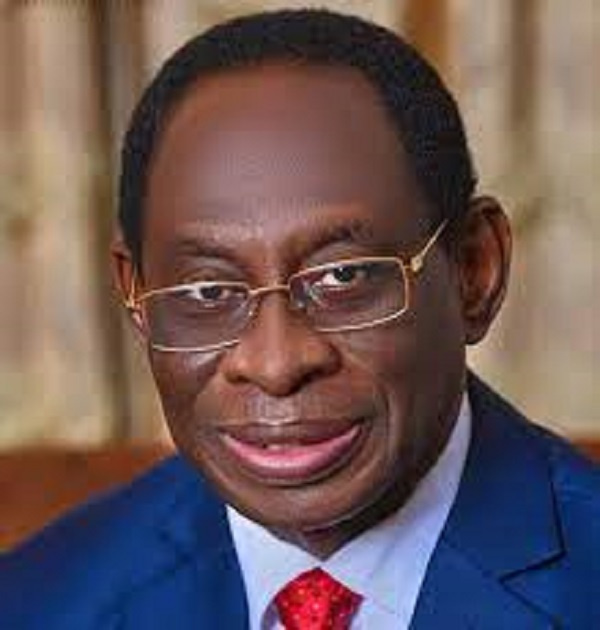Published
3 years agoon
By
Joe Pee
Dr. Kofi Konadu Apraku, a leading member of the governing NPP, has indicated that the implementation of the Electronic Transfer Levy, otherwise known as E-Levy, will go a long way to affect the governing party.
Speaking in an interview with Joy News, the former Trade and Industry Minister stated that direct taxes on individuals can be sometimes destructive.
He said, the basic economic principle behoves the government to direct businesses to generate resources.
Dr. Apraku explained, “the government should tax businesses to generate resources. Individuals’ direct taxes such as this can sometimes be very very destructive, even the business. It is a basic economic principle that the lesser you tax the business and the government reduces its expenditure the better off it is for the nation.”
He added, “In the final analysis, it is the business that can carry the government. So, higher taxes are not desirable as an economic standard. The lower the taxes the greater the prospects for better growth…we are politicians and in the final analysis, the people are the ones who will give their verdict, if it’s as bad as people think it is and NPP insists on it, NPP will pay a big price…whatever be the case, government must expand its tax net for the corporations i.e. the bigger companies because they are the ones that are powerful and they are the ones that all things being equal evade taxes.”
“The little ones need protection so, whatever mix that you have, the greater burden ought to be born by the private sector…”
About the E-Levy bill
The government of Ghana will from May 1 charge a 1.50% rate on electronic transactions that are more than GH¢100 on a daily basis.
Critics of the proposal have warned that the levy will negatively impact the Fintech space, as well as hurt low-income earners and those outside the formal banking sector.
The E-Levy has been the source of tension in Parliament since it was introduced in the 2022 budget. The tensions culminated in a scuffle between lawmakers in Parliament in December 2021.
The government has, however, argued that the levy would widen the tax net and could increase revenue generation by an estimated GH¢6.9 billion in 2022. There are also concerns that the government may securitise proceeds from the e-levy to raise extra revenue.


MoMo transactions drop massively after E-levy passage.


E-Levy will go even if we don’t get justice from Supreme Court – Ablakwa hails Mahama.


Minority caucus runs to SC to stop implementation of E-Levy on May 1.


‘I’ll rather cut off my thumbs than vote in 2024 sake of E-levy’ – Nana Yeboah (VIDEO).


We will abolish E-levy if the NDC wins power in 2024 – Sammy Gyamfi.


Adwoa Safo marked present in Parliament’s attendance register while absent for proceedings last Friday.


Bawumia should bow his head in shame – Abeiku Santana (VIDEO).


GRA must speak truth to power as E-levy is implemented – Telecoms Chamber.


Panic withdrawals hit Mobile Money – MMAAG.

























